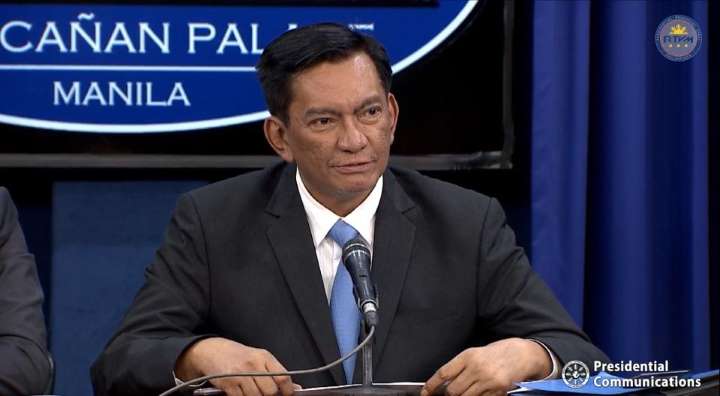Albay Rep. Joey Sarte Salceda, chair of the House Ways and Means Committee has filed a measure which seeks to modernize, streamline and simplify government processes that will make social services accessible anywhere in the country and facilitate completion of business registration in just a single day.
Salceda said his measure — Government Services Modernization Bill (HB 8455) — will revolutionize the government process and, among others, scrap the Community Tax Certificate (CTC) or ‘cedula’ which “takes so much time to secure and has become obsolete for almost all intents and purposes.”

As a government requirement, “punitin na natin ang ‘cedula,’” said Salceda, pointing out that the ‘cedula’ was established when the use of government identification cards was not yet widespread, which is no longer the case, making it obsolete and irrelevant, and echoing the 1896 Cry of the Katipunan when Filipinos declared their rebellion against Spanish colonial rulers in the country.
Among the most significant changes HB 8455 aims to institute is the one-day business registration and the ‘portability’ of all social benefits, including PhilHealth, Social Security System, the Pantawid Pamilyang Pilipino Program or 4Ps, and other social programs.
The bill would allow the President to suspend the CTC or ‘cedula’ requirement in government transactions, because it has been found “to be an inadequate form of identification and an ineffective tool for local government collection, and is hence redundant in most occasions,” Salceda explains in his bill.
The use of the modern community tax certificate as a form of identification is prescribed in Section 163 of the Local Government Code (LGC) which requires individuals to present a CTC when acknowledging a document before a notary public, taking the oath of office upon election or appointment to government service, receiving licenses or permits from public authorities, receiving money from a public fund, transacting official business, and receiving salary or wages from a person or corporation.
Salceda’s bill also provides for social benefits to be linked with the National ID system, stressing that “one reason why benefits get politicized is that they are linked to specific Local Government Units (LGUs) or territorial jurisdictions.
Most of the time, he said, transport costs would prevent poor people living in far flung areas, from claiming their benefits from social programs. To solve this problem, HB 8455 proposes to ease venue rules and link social benefits to a nationwide database so that eligible citizens can avail of the benefits anywhere in the country.
Salceda said the House leadership has given an assurance that the chamber will quickly enact his urgent measure because it serves as an expanded form of the bill which President Duterte has asked for and certified as urgent.
HB 8455 also aims to cut down to just one day, the circuitous business registration. “If the powers provided in this bill are used fully, business registration in the country could be reduced to just one day, with the client facing just one clearing agency,” he said.
The measure will also empower the President to eliminate redundant authorizations within the Executive Branch, and could therefore lead to a single comprehensive National Identification for Businesses, dispensing with the requirement of multiple, overlapping permits,” the lawmaker said.
Salceda said his office did a study of the whole process of business registration and found out that when a business registers, it interacts with at least ten government offices.
“That’s too much. Our plan is simple: one single business registration agency. No overlapping registrations. The registration agency will take care of processing it with other agencies, but once your requirements are complete with the registration agency, you are as good as registered,” Salceda said.